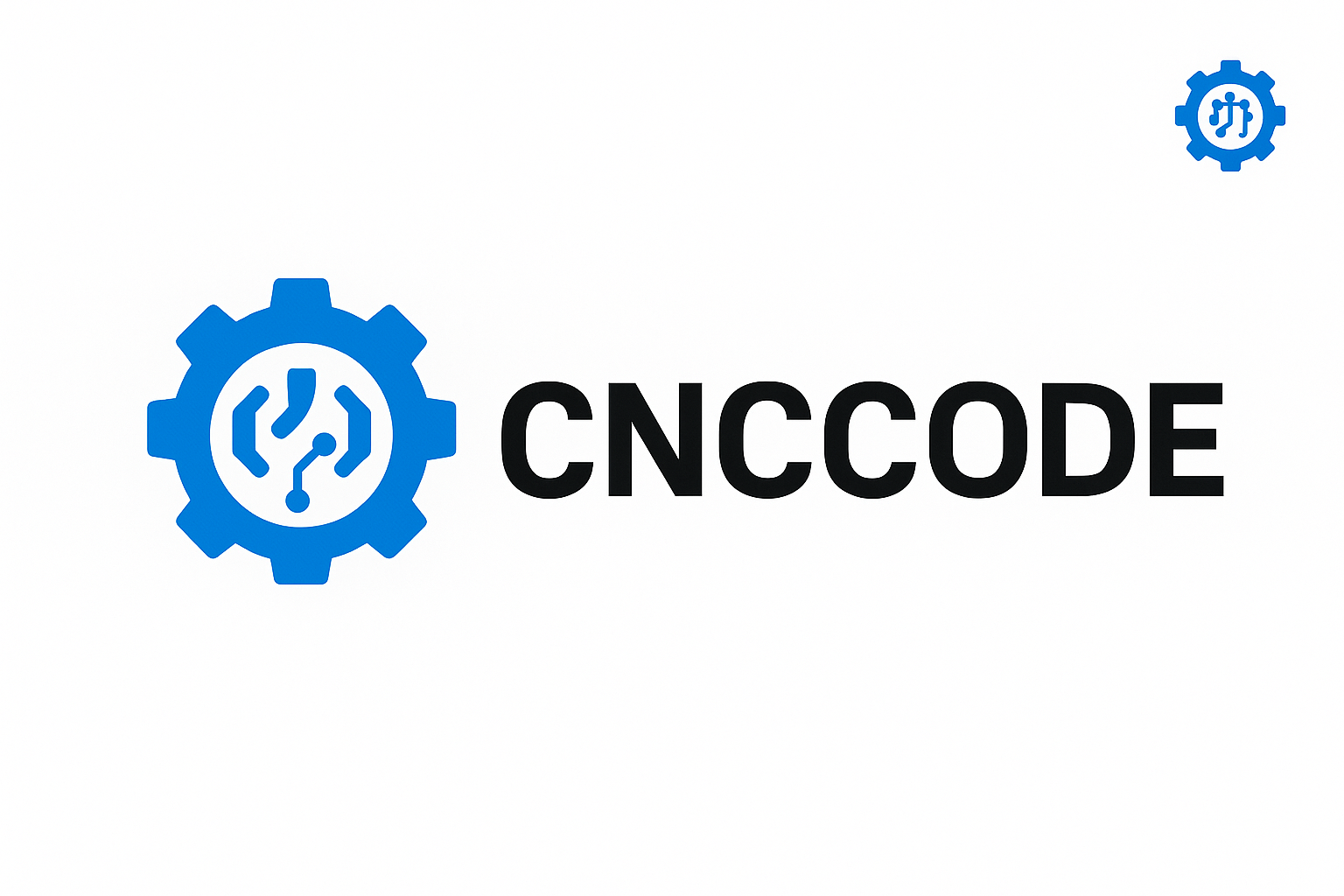Launching a CNC machining business requires both technical know-how and solid planning. Here are expert steps to build a thriving CNC shop:
-
Market research and niche: Identify your target customers – aerospace firms, automotive suppliers, local manufacturers, custom hobbyists, etc. Specializing (e.g. precise aluminum parts, wooden signs, medical devices) helps you tailor your services and stand out. Research competitors to find gaps or underserved markets.
-
Business planning: Develop a business plan with projected expenses (machines, rent, utilities, licenses) and revenue. Calculate pricing models based on material costs, machine time, labor, and overhead. Ensure your pricing covers equipment depreciation and generates profit. Consider costs of tool wear, maintenance, and quality control.
-
Quality equipment: Invest in reliable CNC machines that match your niche (vertical mills, lathes, routers, or multi-axis centers). While budget is important, cutting corners on key machines can hinder your ability to deliver precise parts. Look for high-quality spindles, rigid frames, and good controller systems. Also budget for tooling, cutters, fixtures, and raw materials.
-
Location and facilities: Choose a workspace with enough floor space, ventilation, and electricity capacity. Machine shops need dust or chip collection, coolant drainage, and possibly noise dampening. Ensure you comply with safety regulations (fire alarms, eyewash stations, guards). A visible location or online presence helps find customers, but keep overhead in check (shared workshop space or incubator labs can reduce costs).
-
Skilled team: If you’re expanding, hire or partner with experienced CNC programmers and machinists. Training staff on best practices (setup, maintenance, quality inspection) is crucial for repeatable results. Good machinists also troubleshoot issues faster, saving costly errors.
-
Marketing and networking: Build a professional website showcasing your capabilities and past projects. Engage in trade shows or industry forums to find clients. Offer exceptional service and on-time delivery to earn referrals. For smaller shops, participating in maker community events or local manufacturing networks can generate leads.
-
Efficiency and quality control: Implement standardized processes – from quoting to machining to QA. Use checklists for machine setup and inspection. Invest in metrology tools (calipers, CMMs, microscopes) to verify tolerances. Satisfied clients (delivering accurate parts fast) will become repeat customers.
-
Continuous improvement: Keep up with technology trends (like 5-axis machining or additive hybrid manufacturing) and continually train yourself and staff. Upgrading software, optimizing toolpaths, and refining workflow will improve margins over time.
By combining solid business fundamentals with high machining standards, a CNC shop can build a reputation for reliability and precision. Success comes from understanding customer needs, delivering quality parts cost-effectively, and maintaining flexibility to adapt to new projects and technologies.
